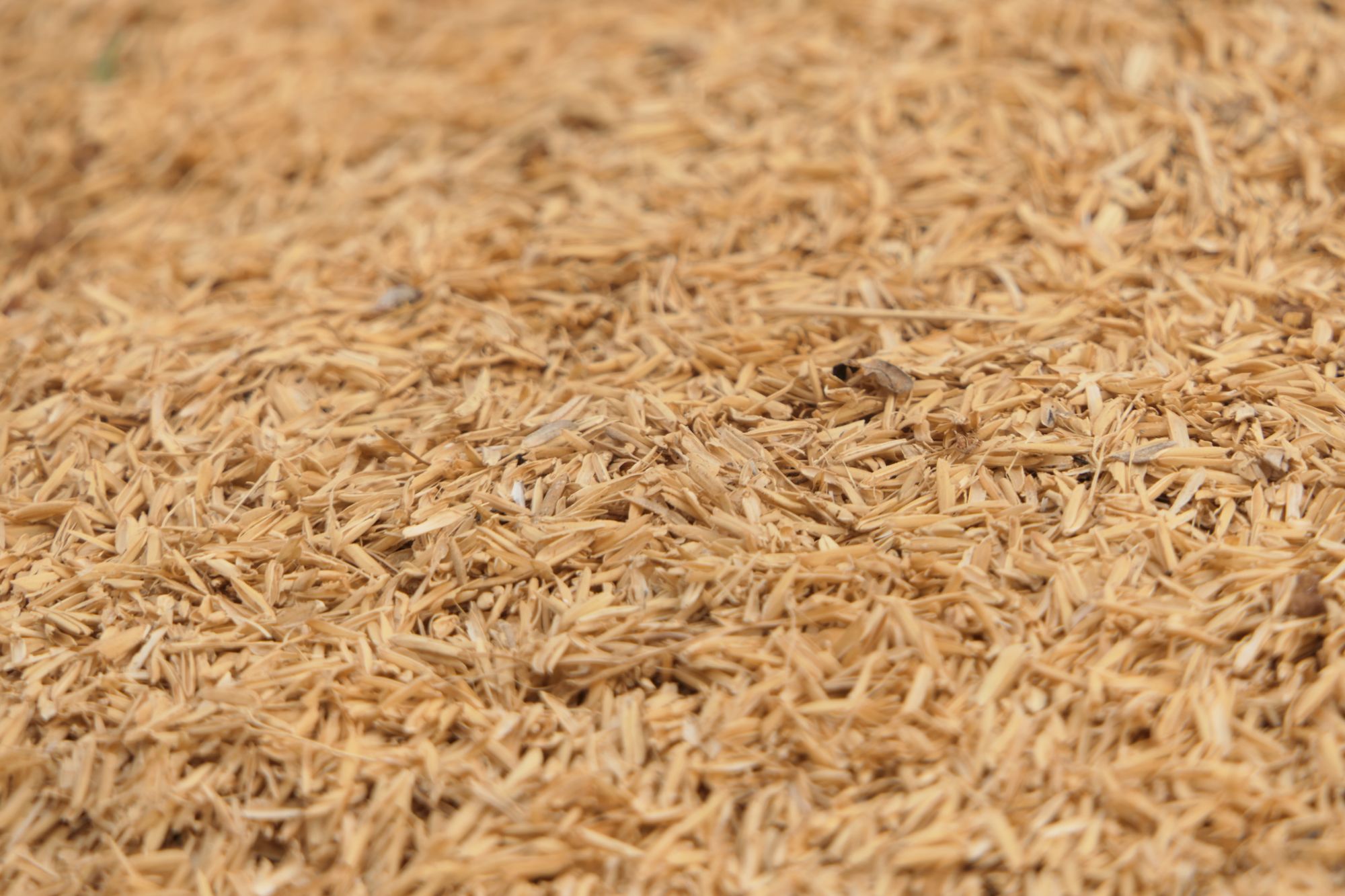Psalm 1, an exegesis

Psalm 1
Blessed is the man
Who walks not in the counsel of the ungodly,
Nor stands in the path of sinners,
Nor sits in the seat of the scornful;
But his delight is in the law of the Lord,
And in His law he meditates day and night.
He shall be like a tree
Planted by the rivers of water,
That brings forth its fruit in its season,
Whose leaf also shall not wither;
And whatever he does shall prosper.
The ungodly are not so,
But are like the chaff which the wind drives away.
Therefore the ungodly shall not stand in the judgment,
Nor sinners in the congregation of the righteous.
For the Lord knows the way of the righteous,
But the way of the ungodly shall perish.
Psalm 1 is a "wisdom psalm," that compares the righteous person to a tree planted by streams of water and the wicked to chaff that is blown away by the wind. Wisdom psalms are a category of psalm that reflects on the fate of the righteous and the wicked when viewed through the lens of the the law. It begins by describing the behaviour and actions of the righteous person, who does not follow the counsel of the wicked or engage in sinful behaviour, but instead delights in the law of the Lord and meditates on it day and night. The psalm then compares the righteous person to a tree that is able to bear fruit in its season and withstand the trials and challenges of life. In contrast, the wicked are described as being insubstantial and lacking in any real substance or value, and they will not be able to withstand the judgment of God. The psalm ends with the declaration that the Lord knows and protects the way of the righteous, but the way of the wicked will come to an end.
“Blessed is the man Who walks not in the counsel of the ungodly, Nor stands in the path of sinners, Nor sits in the seat of the scornful.”
The first line introduces the theme of the psalm, which is the blessedness of the righteous person. The psalm compares the righteous person to a tree planted by streams of water, and the wicked to chaff that is blown away by the wind. The contrast is established by describing the actions and behaviours of the righteous and the wicked. The righteous person does not follow the advice of the wicked or engage in sinful behaviour, and they do not mock or ridicule others.
“But his delight is in the law of the Lord, And in His law he meditates day and night.”
The righteous person is described as having a deep love and appreciation for God's word. They find joy and satisfaction in studying and meditating on it. This behaviour is in contrast to the wicked, who do not have this same devotion to God's word.
“He shall be like a tree planted by the rivers of water that brings forth its fruit in its season. Whose leaf also shall not wither; And whatever he does shall prosper.”
The righteous person is again compared to a tree planted by streams of water, which suggests that they are deeply rooted and nourished by God's word. The tree bears fruit in its season, indicating that the righteous person is able to produce good works and bring blessings to others. The tree's leaves do not wither, indicating that the righteous person is able to withstand the trials and challenges of life.
“The ungodly are not so, But are like the chaff which the wind drives away.”
In contrast to the righteous person, the wicked are described as being like chaff which is dry, lifeless, and easily blown away by the wind. This suggests that they are insubstantial and lacking in any real substance or value.
“Therefore the ungodly shall not stand in the judgment, Nor sinners in the congregation of the righteous.”
The psalm declares that the wicked will not be able to withstand the judgment of God. They will not be able to stand in the presence of the righteous, who are described as being in the "congregation" or assembly of God.
“For the Lord knows the way of the righteous, But the way of the ungodly shall perish.”
The psalm ends with the declaration that the Lord knows and protects the way of the righteous, but the way of the wicked will come to an end. This suggests that following God and living according to his word brings blessings and rewards, while rejecting him leads to destruction.
The overall message of the psalm, is that following God and living according to his word brings blessings and rewards, while rejecting him leads to destruction. It encourages us, the reader, to seek righteousness and to trust in God's protection and guidance throughout our entire lives, even when it appears that the entire world conspires against us.
May you have a super day,
God bless,
Trev.
